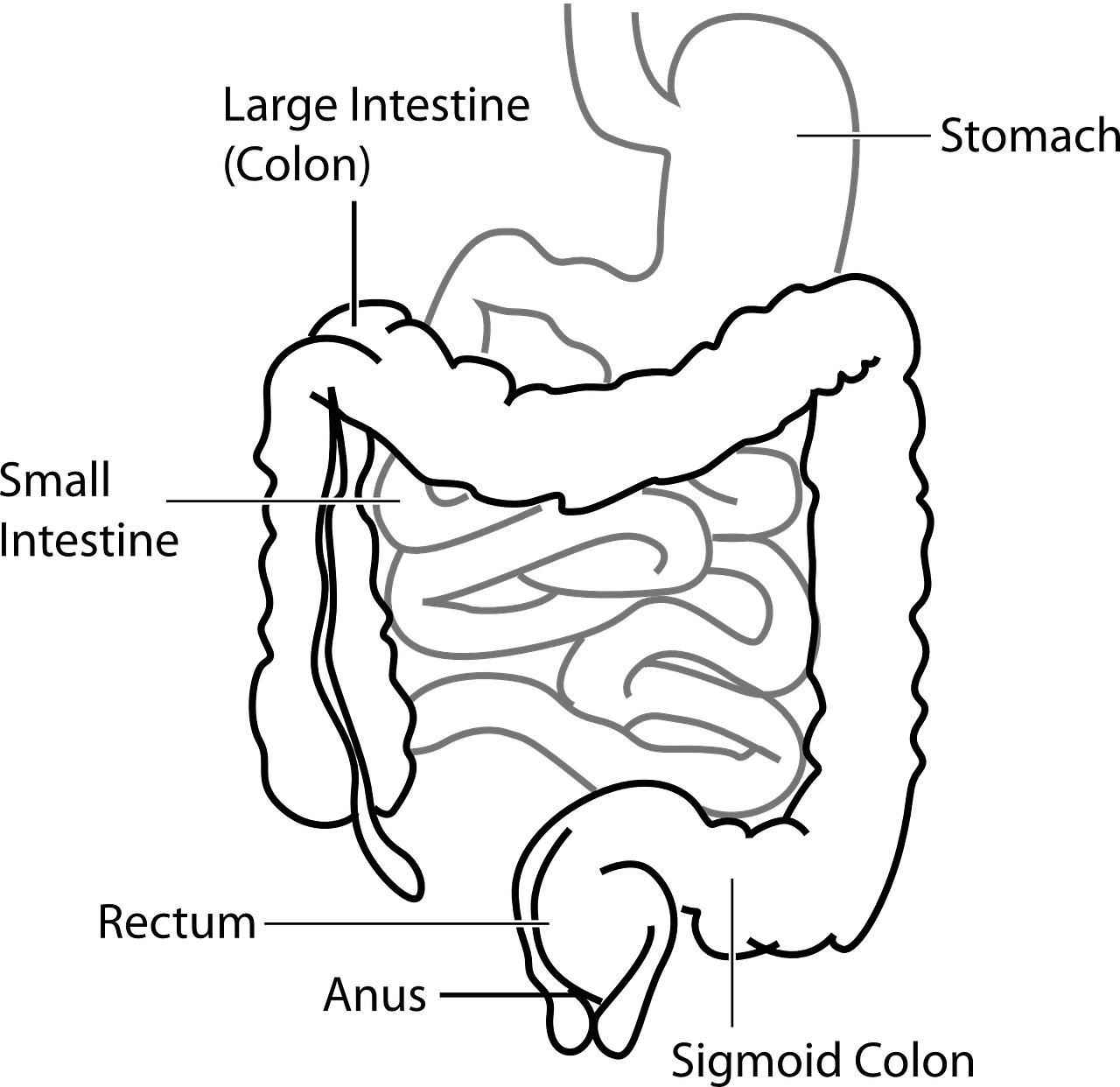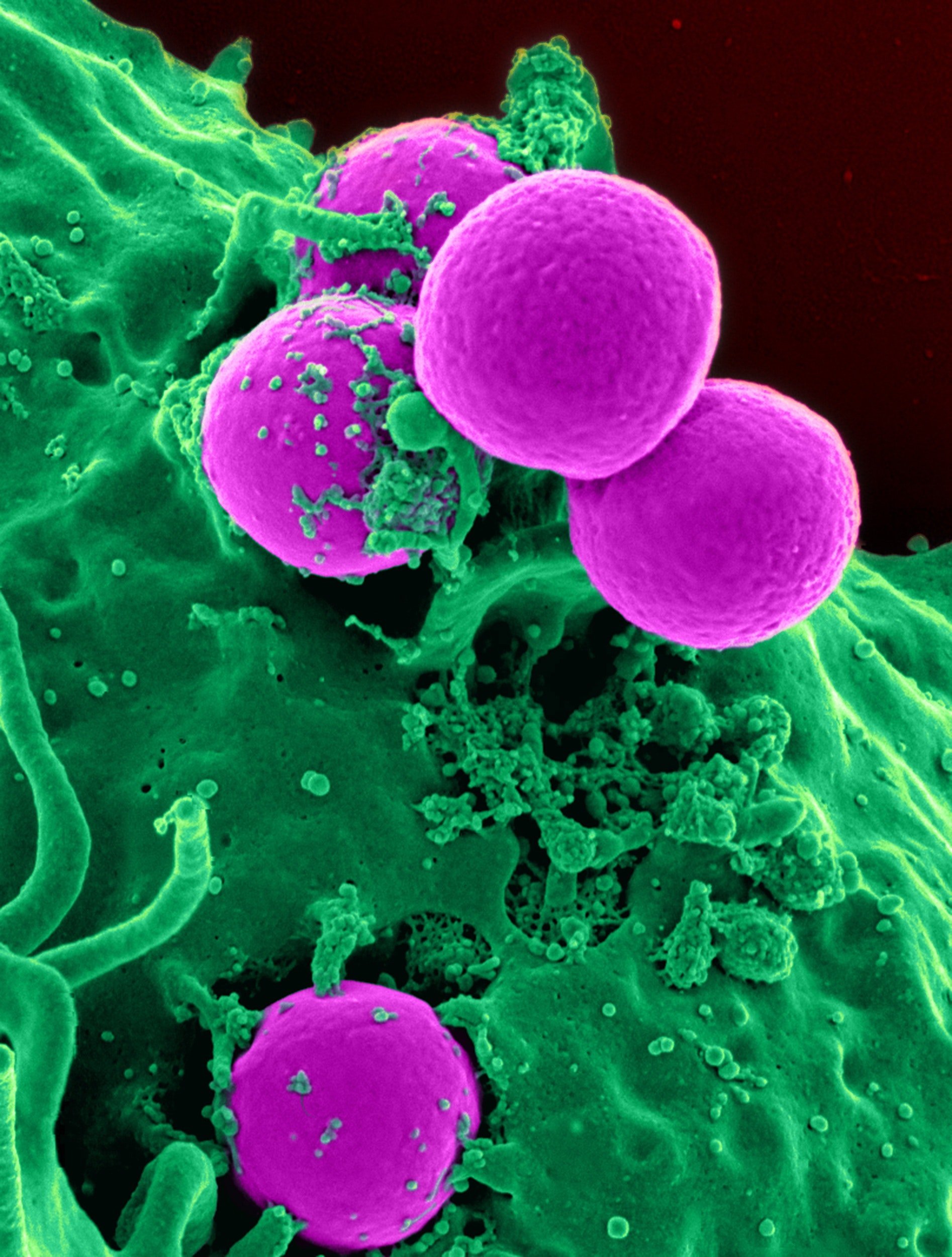Digestive Health Myths Debunked
I don't know if you know this or not but your digestive tract is the one place where your body directly interfaces with outside world. The food you eat and anything that travels along with it from the outside world, has the potential to get inside your body. What gets in and how your body responds to those food particles, is directly related to your digestive health. This is also why good and healthy digestion is such an integral part of your overall health.
Think about it. Something as simple as not cleaning fruit or veggies enough could lead to a major injection, if your digestion is working properly. Digestion is so fundamental and critical, that its merit in chronic health is often overlooked too.
It really shouldn't be.
And because it is so vital, I wanted to explore the validity of a few different digestive health claims so you can keep your digestive tract in optimal shape.
Digestive Health Myth #1
1. I should not take digestive enzymes as they will decrease my body's output of digestive enzymes.
Digestive enzymes are produced in the digestive tract or in the accessory digestive organs such as pancreas. They facilitate the breakdown of food particles into smaller units before absorption can take place. The production and secretion of these enzymes are triggered by hunger, the sight, smell and taste of food and finally by entry of food particles into the digestive tract. Therefore it is unlikely that digestive enzyme supplements have an effect on endogenous (your bodies) production of digestive enzymes.
In addition, studies have shown that enzyme supplements are beneficial in conditions where endogenous enzymes are deficient such as lactose intolerance and cystic fibrosis.1
Based on the evidence that digestive enzymes are helpful in those with  insufficient levels there is no reason to assume that you are doing yourself harm by taking them. If you don't have insufficient levels to being with, taking the enzymes will not provide any benefit and therefore you should not take them. If you are deficient however the benefit to taking them far outweighs and potential risk of down regulating your digestive enzyme production. Still I could not find documentation to support the claim that taking digestive enzymes will down regulate your bodies production of digestive enzymes.
insufficient levels there is no reason to assume that you are doing yourself harm by taking them. If you don't have insufficient levels to being with, taking the enzymes will not provide any benefit and therefore you should not take them. If you are deficient however the benefit to taking them far outweighs and potential risk of down regulating your digestive enzyme production. Still I could not find documentation to support the claim that taking digestive enzymes will down regulate your bodies production of digestive enzymes.
Digestive Health Myth #2
2. Fermented foods are always good for me.
Fermented foods have long been demonstrated to be beneficial to digestive health as well as brain protection and improvement in cognitive functions. This is not unconnected to the fact that they contain microorganisms (known as probiotics) that are beneficial to the digestive tract by preventing the disease-causing organisms from growing and enhancing your immune system.
However, not everyone will get benefit from fermented foods. This is especially true if you have a deficiency of DAO enzyme which breaks down histamine. All fermented foods have high amounts of histamine and would therefore lead to more histamine accumulation and corresponding problems.
You can read more about this here, Histamine, Allergies and DAO.
In addition, people who are immunosuppressed, premature infants and those with certain bowel problems should use extra caution with fermented foods. Some studies have shown the possibility of developing systemic infection and overstimulation of the immune system following probiotic consumption.2
Some probiotic supplements and fermented products with live cultures have bad bacteria that can lead to more problems.
Digestive Health Myth #3
3. If I have digestive problems taking probiotics will help.
Many digestive problems like Colitis, Crohn's disease, and Irritable Bowel Syndrome respond positively to probiotics. In many cases they help to maintain normal gut flora, supporting the immune system, and maintaining the integrity of intestinal lining (mucosa). However, there is still uncertainty on the specific strain's of bacteria and the best duration for treatment.3 Thus, if you take probiotics you may not get the expected result.
Probably more important though is the potential for probiotics to make your digestion worse. Many probiotics have prebiotics in them giving the potential to worsen gas and bloating. Probiotics are basically food for the good bacteria in the digestive system. If you have bacteria in the wrong place it can lead to more problems.
You can read more about this below where there is an entire post and video on the topic.
Digestive Health Myth #4
4. Taking baking soda will improve my digestion and overall health.
Baking soda has the chemical name sodium bicarbonate. This chemical is very 'basic' in nature in terms of PH. This means it neutralizes acidic things. Because healthy diets often produce a more 'basic' PH, many people believe that adding this chemical to their body with do them good. This is not true especially when it comes to your digestive health.
Here's why. Your digestive tract naturally starts out very acidic. This allows it to denature proteins and begin to break food. If you consume sodium bicarbonate, you are negating the effect of the acid and the digestive process. This will help if you have acid reflux and indigestion but it is essentially like taking tums and still detracting from the digestive process. There are better ways to deal with acid reflux, indigestion and heartburn.
Now following the stomach's acidic environment, the small intestines are a little more basic but the baking soda will have very little affect at this point since it is already mixed with the stomach acid. In fact, your body produces sodium bicarbonate (in the small intestine only) to neutralize some of the the acid in the stomach.
Could this have an affect on the body in general making it more basic in nature? Maybe but it is not clear that this is even beneficial.
See this post to Learn more on Acid and Base balance.
I hope this information shed some light on how to achieve, maintain, or enhance your digestive health. Maybe you have tried some of these things yourself? Let us know in the comment section below.
If you would like a more customized plan to optimize your digestive health click on the link below.
References
- Ianiro G, Pecere S, Giorgio V, Gasbarrini A, Cammarota G. Digestive Enzyme Supplementation in Gastrointestinal Diseases. Current Drug Metabolism. 2016;17(2):187-193. doi:10.2174/138920021702160114150137.
- Doron S, Snydman DR. Risk and Safety of Probiotics. Clinical Infectious Diseases: An Official Publication of the Infectious Diseases Society of America. 2015;60(Suppl 2):S129-S134. doi:10.1093/cid/civ085.
- Hosseini A, Nikfar S, Abdollahi M. Are probiotics effective in management of irritable bowel syndrome? Archives of Medical Science : AMS. 2012;8(3):403-405. doi:10.5114/aoms.2012.29396.




















